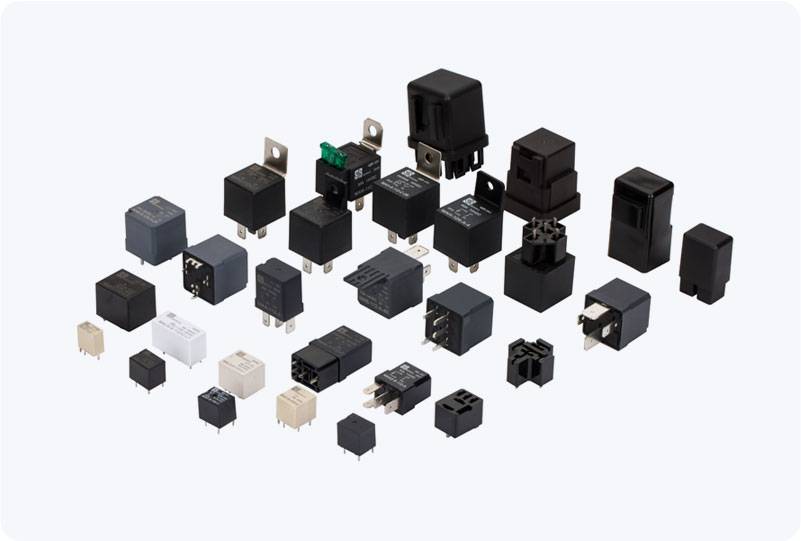industrial control relay: a key component in automation systems
Release time:2025-07-22 01:12:53
Industrial Control Relays are essential electrical devices used in various automation and control systems across industries. They play a pivotal role in switching operations, safeguarding equipment, and improving the overall efficiency of complex systems. From basic operations like starting and stopping motors to more complex functions such as overload protection and time delay control, industrial control relays are designed to perform these tasks reliably and safely. This article explores the functionality, types, applications, and significance of industrial control relays in modern industrial settings.

What is an Industrial Control Relay?
An industrial control relay is an electrically operated switch that allows a control system to perform functions such as turning devices on or off. It typically consists of an electromagnet that, when energized, creates a magnetic field to close or open the contacts within the relay. These relays are used to control a wide range of devices, including motors, heaters, lights, and even entire machinery systems, by simply sending an electrical signal.
The key advantage of industrial control relays is their ability to provide electrical isolation between control circuits and the loads being controlled. This feature ensures the protection of sensitive components in control systems, especially when handling high voltage or high current devices.

